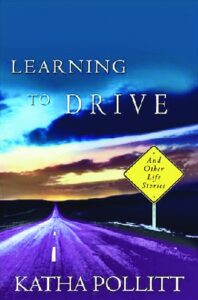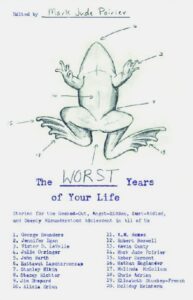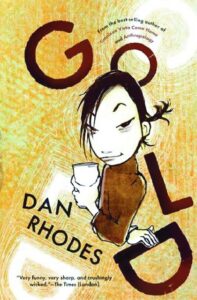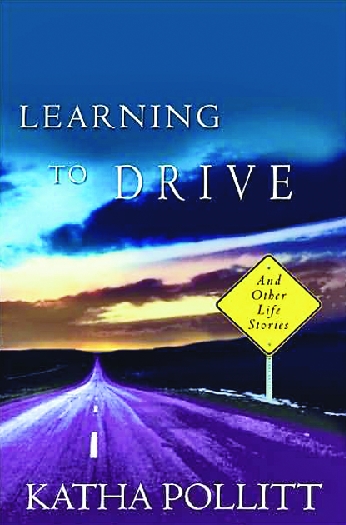Learning To Drive: And Other Life Stories

The Worst Years Of Your Life: Stories For The Geeked-Out, Angst-Ridden, Lust-Addled, And Deeply Misunderstood Adolescent In All Of Us

Gold: A Novel












